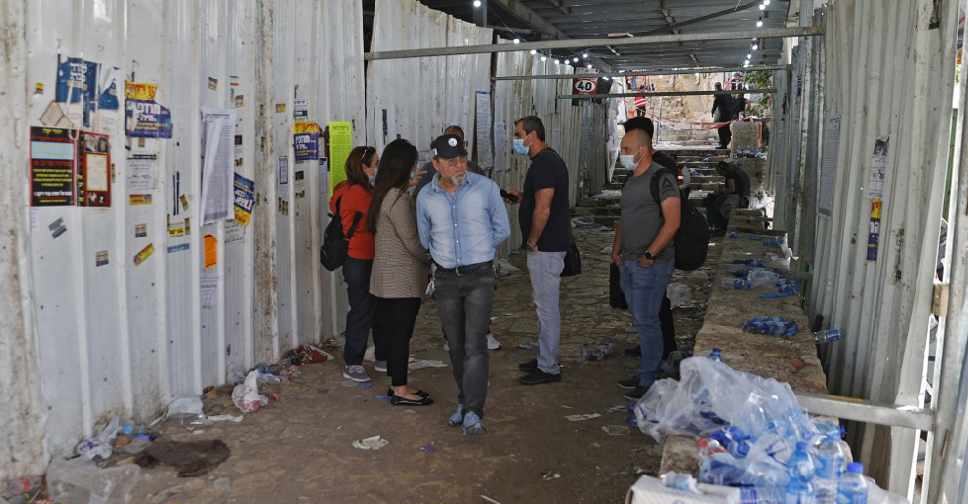
At least 44 people were crushed to death at an over-crowded religious bonfire festival in Israel on Friday, in what Prime Minister Benjamin Netanyahu described as a "heavy disaster".
The crush occurred as tens of thousands thronged to the Galilee tomb of second-century sage Rabbi Shim Bar Yochai for annual Lag B'Omer commemorations that include all-night prayer, mystical songs and dance.
Witnesses said people were asphyxiated or trampled in a tightly packed passageway, some going unnoticed until the PA system sounded an appeal to disperse, as crowds packed the Mount Meron slope in defiance of COVID-19 warnings.
Helicopters ferried injured people to hospitals and the military said search-and-rescue troops were scrambled.
Medics said 103 people had been injured in what they described as a stampede. Casualties included children, witnesses said. The site is mostly gender-segregated and bystander video suggested the crush took place at one of the men's sections.
Videos posted on social media showed chaotic scenes as men clambered through gaps in sheets of torn corrugated iron to escape the crush.
A police spokesman said overall capacity at Mount Meron was similar to previous years but that this time bonfire areas were partitioned-off as a COVID-19 precaution. That may have created unexpected choke-points on foot traffic, Israeli media said.
Netanyahu called it a "heavy disaster", adding on Twitter: "We are all praying for the wellbeing of the casualties."
The White House and European Union offered condolences.
As rescue workers tried to extricate the casualties, police shut down the site and ordered revellers out. The Transportation Ministry halted roadworks in the area to enable scores of ambulances and pilgrims' buses to move unhindered.
The Mount Meron tomb is considered to be one of the holiest sites in the Jewish world and it is an annual pilgrimage site. The event was one of the largest gatherings in Israel since the outbreak of the coronavirus pandemic more than a year ago.
Private bonfires at Mount Meron were banned last year due to coronavirus restrictions, but lockdown measures were eased this year amid Israel's rapid COVID-19 vaccination programme that has seen more than 54 per cent of the population fully vaccinated.




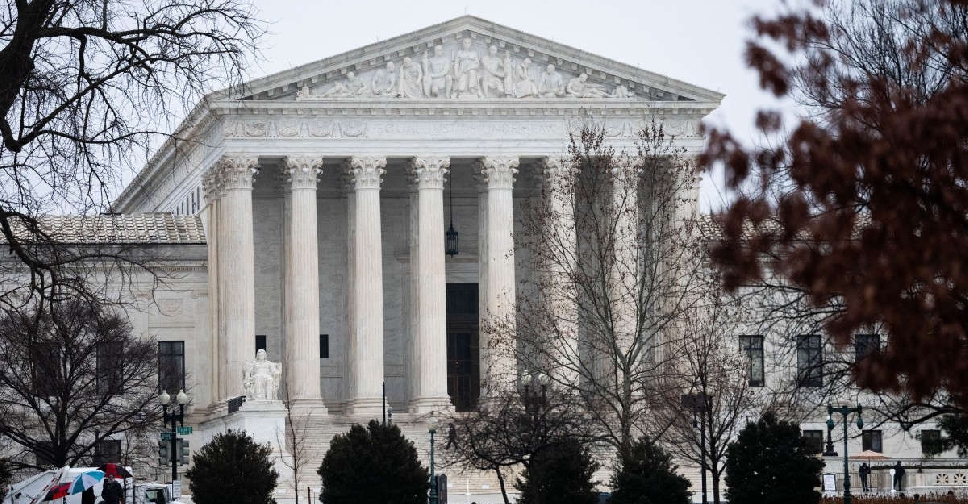 US Supreme Court strikes down Trump's global tariffs
US Supreme Court strikes down Trump's global tariffs
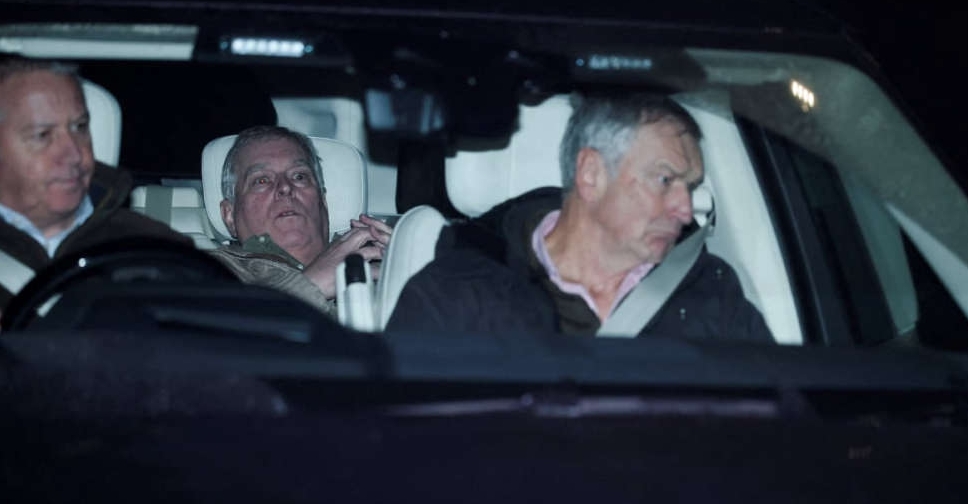 Police search royal mansion as investigation into king's brother goes on
Police search royal mansion as investigation into king's brother goes on
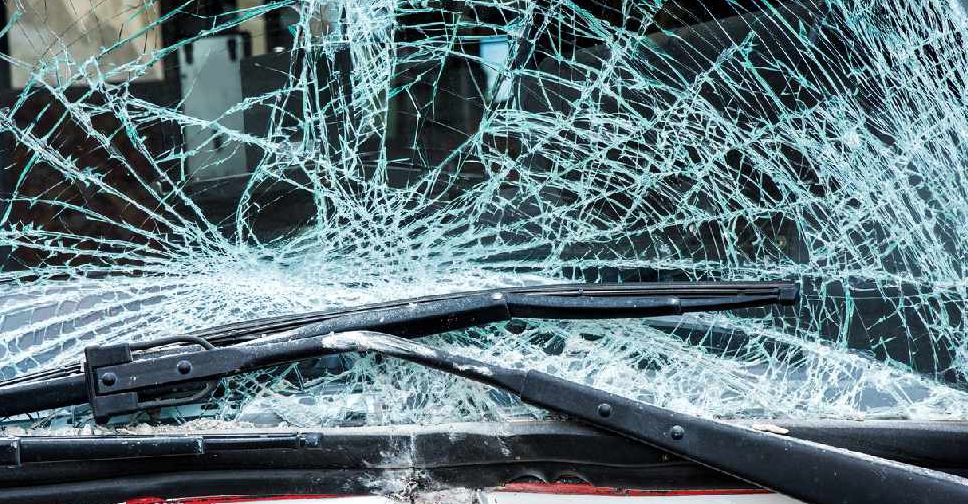 7 bodies found after Chinese tour bus plunges into frozen lake in Russia's Siberia
7 bodies found after Chinese tour bus plunges into frozen lake in Russia's Siberia
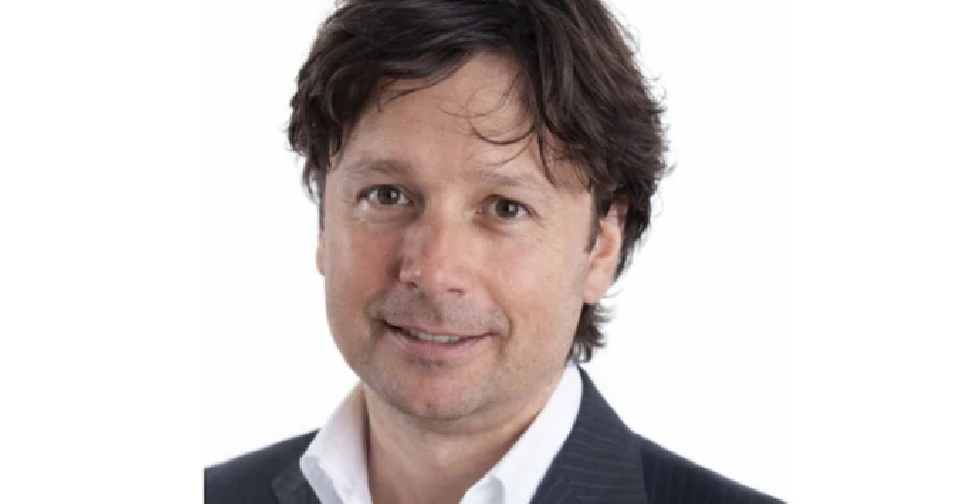 ASOS co-founder Quentin Griffiths dies in Thailand after balcony fall
ASOS co-founder Quentin Griffiths dies in Thailand after balcony fall
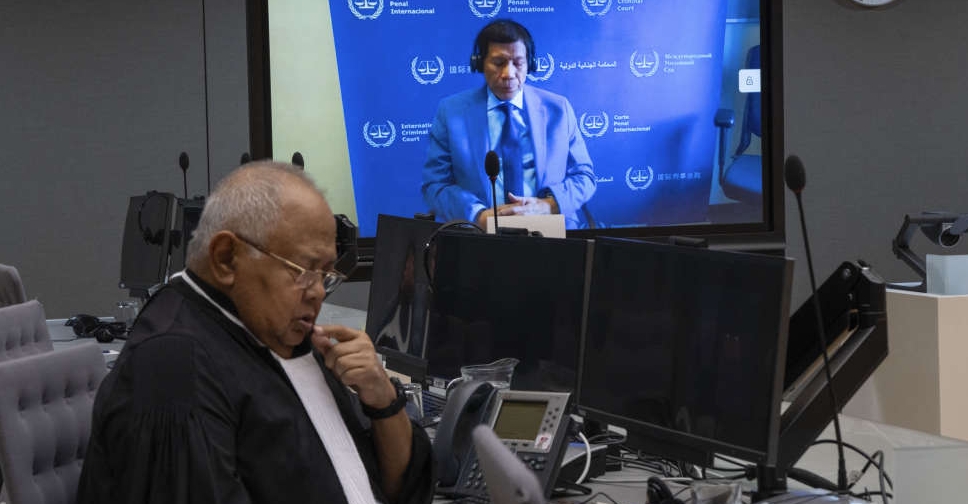 Former Philippines president Duterte will not attend ICC pre-trial hearings
Former Philippines president Duterte will not attend ICC pre-trial hearings






